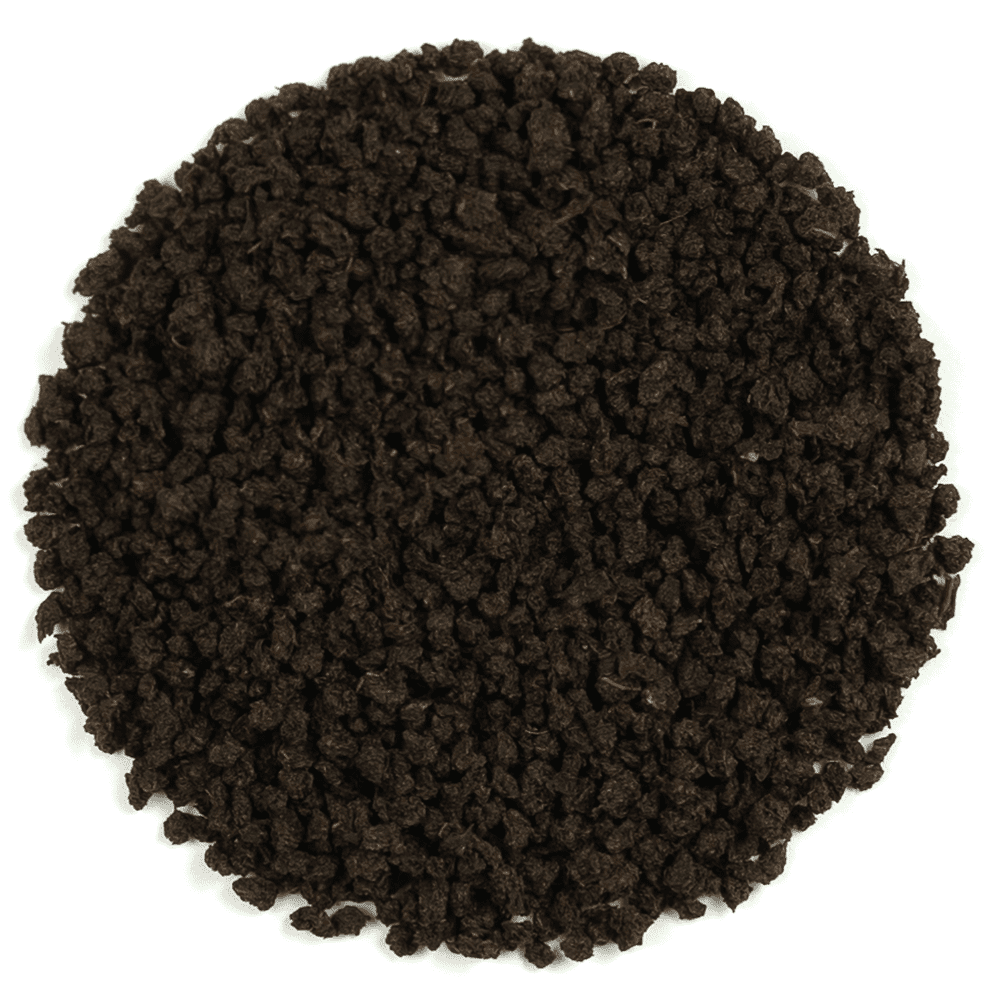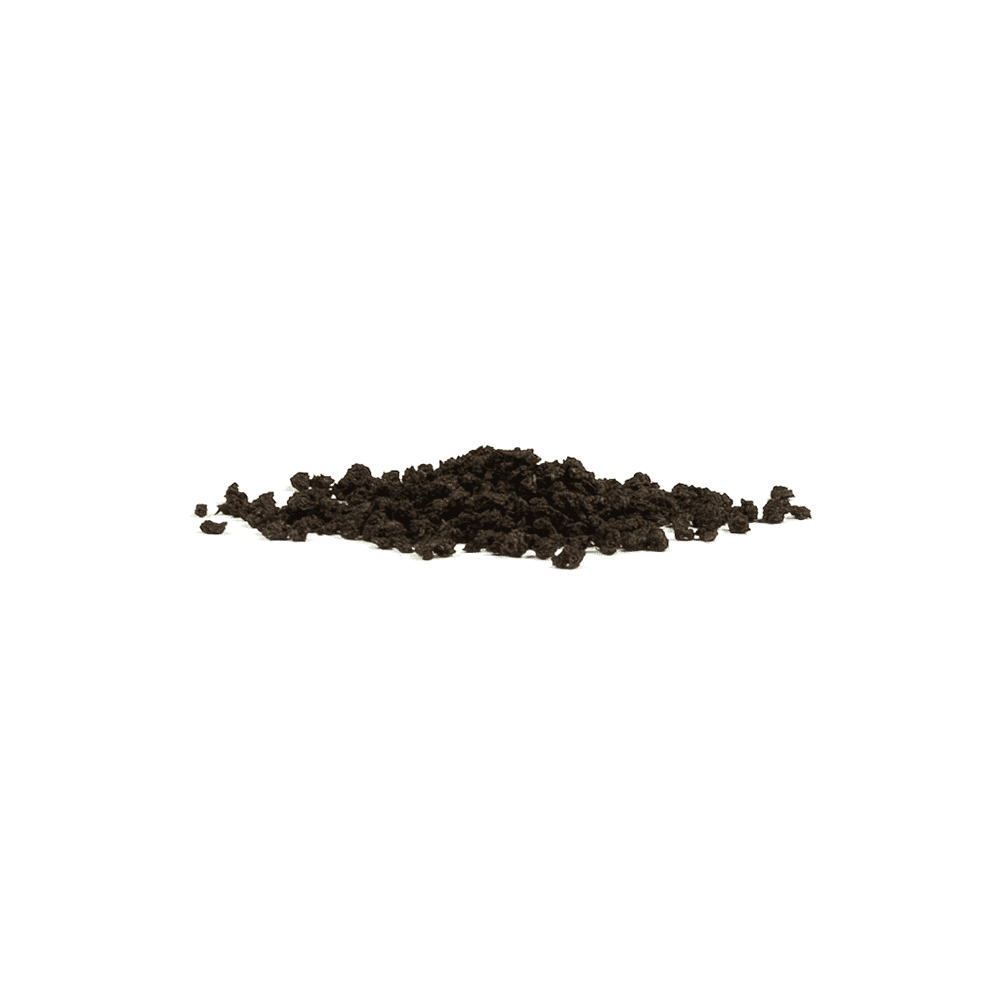Black Tea Brewing Guide
1 Teaspoon
Add 1 teaspoon per person and one for the pot.
95⁰c - 100⁰c
Boil using fresh water, at a temperature of 95⁰ - 100⁰c.
3 - 5 Mins
Steep for 3-5 minutes, depending on personal preference
About Product
-
Product Description
Kenya Rukuriri Estate Broken Pekoe Tea offers some of the best qualities of any Kenya Tea. Its bold, intense flavour provides a freshness on the palate coupled with strong malty notes like no other. The Rukuriri Estate itself plays a crucial role in this Tea’s popularity. Built and commissioned for operations in 1984, Rukuriri, which is located in the Embu East District, Kenya, has Global Certifications from Rainforest Alliance, Fair Trade, and Ethical Tea Partnership.
It is also around 80 kilometres south of the equator, and on the south-eastern slopes of Mount Kenya, which likewise has a stupendous effect on the brilliant quality of the Tea. Being a Broken Orange Pekoe Tea (BOP), one can expect more intense flavour notes in cup when compared to, for example, a Flowery Orange Pekoe Tea (FOP). Furthermore, Kenya Rukuriri Estate Broken Pekoe Tea has even health benefits when consumed as part of an already-healthy and active lifestyle. All Black Teas, including this one, can boost the metabolism, improve cardiovascular health and reduce the risks of developing type-2 diabetes. Ultimately, there is nothing not to like with our Kenya Rukuriri Estate Broken Pekoe Tea.
History of Kenya Rukuriri Tea
The history of Tea in Kenya began in 1903. The first person to plant Tea in Kenya, albeit for ornamental purposes, was a British settler named G.W.L. Caine. However, Caine failed to recognise the commercial potential of Kenya Tea, and for many years after its first cultivation, it remained a relative unknown. The first person to realise this potential was a Scotsman named Arnold Butler McDonell – but even then, it took many years to come to fruition. In 1910, McDonell purchased 350 acres of Kenyan land from the British government, establishing his own farm, Kiambethu, some 20 miles from Nairobi.
Initially, McDonell grew Coffee, but at an elevation of 7,200 feet, his crops eventually failed. He later experimented with both corn and flax; however, these crops again wilted and died. After ten years of bitter disappointment, Mcdonald was paid a visit from a friend in India, bringing with him a few Tea samplings of the Camellia sinensis var assamica plant. In 1918, Arnold planted 20 acres of Tea which was quick to flourish across his farmstead. Today, Kiambethu Tea Farm is still run by the McDonnell family and is one of many such establishments in Kenya producing some of the finest Teas in the world.
Now, there are a total of 550,000 Tea farmers working in Kenya, most of whom are small-estate owners. Much of Kenya’s Tea grows in the highlands west of the Rift Valley at altitudes between 1,500 and 2,700 metres; though, of course, there are exceptions to this rule. Ultimately, all one really needs to know is that our Kenya Rukuriri Estate Broken Pekoe Tea is one of our best-selling Kenya Teas. Find out why today, then share with your friends and family!
About Kenya Rukuriri Estate Broken Pekoe Tea
Type of Tea: Loose Leaf Black Tea.
Origin: The Rukuriri Tea Estate, Embu East District, Kenya, East Africa.
Brewing Instructions: Brewing using freshly boiled water and infuse for 3 to 5 minutes.
How to Serve: Milk, sugar, honey or lemon – the choice is yours! Alternatively, serve black.
Tasting Notes: This beverage has a defined earthy aroma and a rich malty flavour.
Colour in Cup: Coppery liquor, dark in tone.
Health Benefits: Like all Black Teas, Kenya Rukuriri Estate Broken Pekoe can improve one’s everyday way of life when consumed as part of a healthy and active lifestyle. In particular, this Tea can enhance cognitive function, thus reducing the risks of developing dementia and Alzheimer’s Disease. According to new research published in the “American Journal of Clinical Nutrition”, one particularly fascinating study was conducted at the University of Singapore.
The study saw some 2,500 people aged 55 or over undergo a test to measure their cognitive function. When the experiment was repeated two years later, results established that those who had drunk two to three cups of Black Tea a day during the two year period were 55% less likely to be subjected to cognitive decline. Meanwhile, those who had drunk six to ten cups a day were up to 63% less likely. A 2016 meta-analysis also supported the consumption of Black Tea for reduced risks of cognitive decline, stating that: “Daily Tea drinking is associated with decreased risks of Col, MCI and cognitive decline in the elderly”.
-
Delivery Information
We offer reliable delivery services through Royal Mail to ensure that your orders reach you on time.
Here are the main points you should be aware of:
- Standard UK Delivery: £3.95 excluding delivery charge.
- Delivery Times: Orders are processed and dispatched within 2-5 working days but they may take longer during busy times. It is worth noting that all our orders are packed by hand in order to maintain the quality.
- Free Delivery: We are delighted to provide free shipping for UK orders over £35*. Moreover, customers from Europe can enjoy free shipping for any purchase above €75*. Furthermore, we offer free delivery in the USA for all purchases exceeding $125*. Please note terms and conditions may apply.
- Tracking: When your package is sent you will receive a tracking number via email so as to keep tabs of its progress.
International Shipping
We do ship worldwide meaning our products can be accessed by anyone around the world.
Here are some important details:
- Delivery Times: International deliveries vary based on destination, generally taking between 7-14 working days.
- Shipping Costs: International shipping costs are calculated at checkout based on your location and weight of your order. View full delivery charges for your location.
- Customs and Import Duties: Remember customs or import duties may exist depending on regulations in your country; these charges are borne by the customer.
Returns Policy
Your satisfaction is our top priority, however if for any reasons you’re not completely happy with your purchase, simply follow our returns procedure:
- Eligibility: Items returned within 30 days of receipt must remain unopened and in their original condition.
- Process: In order to return an item contact our customer service department using your unique order number after which detailed instructions will be given concerning returning them back to us securely.
- Refunds: Our aim is to refund you within 5-7 working days upon successful reception of returned goods. The refund amount will be credited to your original payment method.
For any other Enquiries or help please contact our Customer Support Team always at your service.
-
Product Reviews



